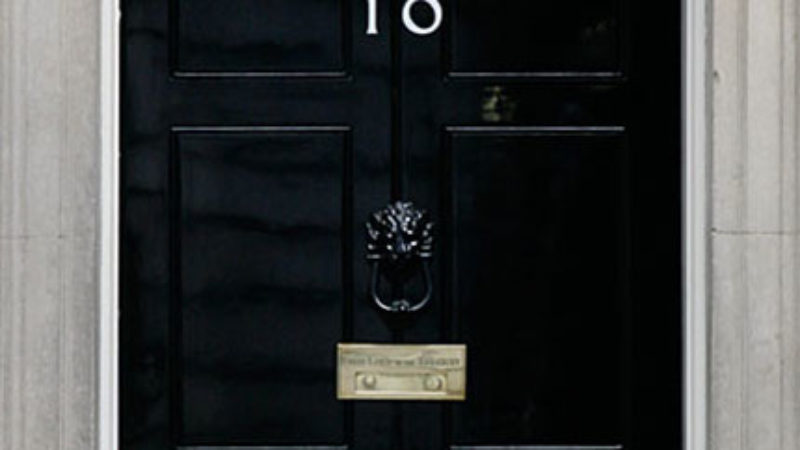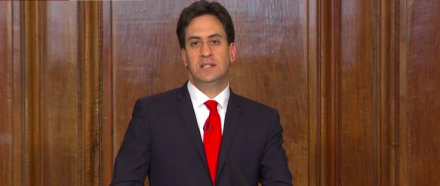

Labour were seen as too profligate, too soft on welfare and immigration, and too incompetent, according to a major post-election poll carried out by the Trade Union Congress (TUC). There were both gender and age gaps, with men and older people more likely to vote Conservative.
The top three reasons people gave for not voting Labour were fears that the party could not be trusted with the economy and would spend too much, be too generous with the benefit system, and be forced to make too many concessions to the SNP.
Meanwhile, the top three reasons for supporting the Conservatives were to keep the economy growing, the progress that had been made with deficit reduction, and the belief that David Cameron would make a better Prime Minister than Ed Miliband. Asked how they judged Labour on a variety of topics, the party ended up with negative scores on competence (-30), honesty (-27), and being radical (-44).
TUC General Secretary Frances O’Grady said the results showed that the British public could not be easily categorised as simply right wing or left wing:
“What comes through is that this poll offers no simple set of solutions for a new Labour leader – the attitudes revealed are a fascinating mix that shows voters are on the left on some issues and on the right on others.
“The challenges Labour now faces are very different from those in the past. Voters back a lot of the trade union agenda on living standards and an economic policy based on investment and growth, rather than the deep cuts we now face. But on welfare and immigration their views are very challenging.”
Of voters who supported Labour in 2010, but backed someone else this time, the two biggest benefactors were the Tories, who secured 33% of lost Labour voters, and UKIP who won over 28%. The SNP won 20% of the lost 2010 vote while 10% went to the Lib Dems, and 7% to the Green Party. Of this group of voters, 51% came from C1 and C2 social grade.
People who voted on May 7th judged the Tories to be better at handling the economy by a 39 point margin, gave the Tories an 8 point lead on the cost of living, and a 22 point lead on handling immigration. Overall 62% of people thought Labour should have been tougher on immigration, while 22% thought the party should concentrate more on benefits of immigration.
There was a similar story on welfare, with 63% saying Labour are too soft and only 25% saying that the party is too tough. On devolution, 54% wants Labour to protect people from uneven ‘postcode lottery’ public services, while 20% would prefer to see more power devolved to cities and regions.
However, despite widespread concerns about Labour’s spending plans, more people said they believed the party were too tough (39%) rather than too soft on the deficit (34%). Similarly, 42% said Labour were too soft on big banks, compared to just 22% who believe the party have been too tough.
Almost 5,000 UK adults were polled from 10pm on election night until May 12th – you can see interactive graphs of the results here. The poll was conducted by GQRR, the company that carried out internal polling for Labour and Ed Miliband over the last five years. Pollster James Morris said:
“The Labour leadership election has rightly focused on the need to re-establish Labour’s reputation for competence. This poll suggests that solving that problem requires a reckoning with the party’s perceived record. Voters are twice as likely to see the Tories as having a good track record in government as the Labour Party, with doubts about Labour’s approach to spending and immigration particularly concerning for voters.”




More from LabourList
‘Blair had a strategy: can Labour find one now?’
‘Enough already’: Steve Rotheram hits out at briefings against Andy Burnham
Manchester councillor Angeliki Stogia picked as Labour candidate for Gorton and Denton by-election